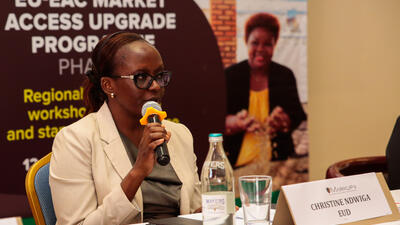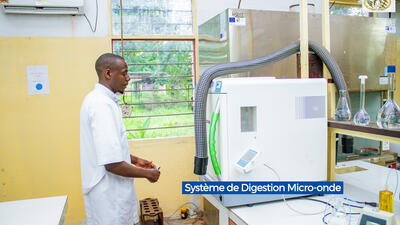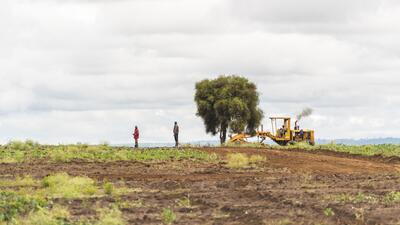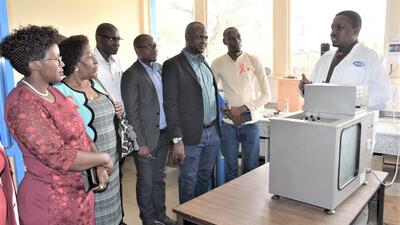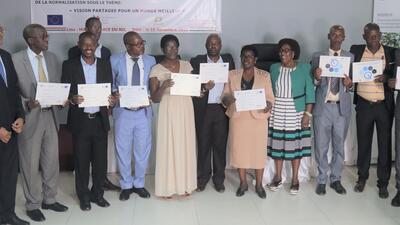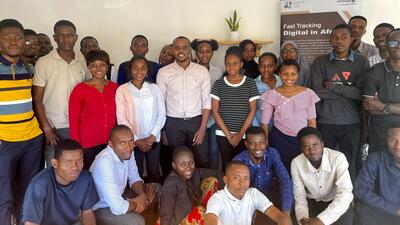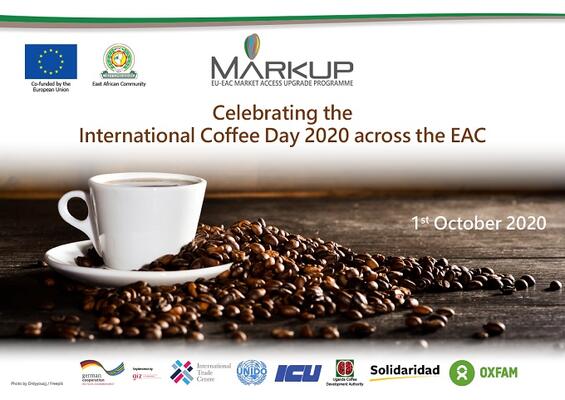
Celebrating the coffee ecosystem
Working together towards value addition and market access for coffee
International Coffee Day, on 1 October, provides a platform to promote coffee. This year, the day was dedicated to celebrating the entire coffee ecosystem and the connections it creates across the globe.
World coffee consumption has been on an upward trend for the last 10 years with the European Union emerging as one of the major global coffee markets. It accounts for about 44% of global coffee consumption.
The East African Community (EAC) identified coffee as a key export commodity for the economic development of the region. To mark the day, the International Trade Centre (ITC) under the Market Access Upgrade Programme (MARKUP) organized a panel discussion. It brought together public and private stakeholders from the EAC working together to promote coffee from the region.
The discussion explored how the regional coffee value chain could be strengthened to improve value addition and market access in the wake of the challenges posed by the COVID-19 pandemic. The underlying question addressed the innovations for reinforcing the coffee sector.
Mr. Alhaj Rashid Kibowa, EAC Director of Trade and Mr. Jocelin Cornet, from the Delegation of the European Union to Tanzania and the EAC opened the online session.
The International Trade Centre recently developed the EAC Quality for Trade Platform, which is a one-stop shop offering quality-related guidance on coffee and other commodities.
Watch more here.
EU EAC MARKUP aims to improve the capacities of coffee sector associations in the EAC region and advocates for the removal of coffee trade barriers. It is also working to develop standards in the coffee sector and improve packaging, branding, access to finance and quality.
This is a regional development initiative funded by the EU and implemented by a series of partners, including the International Trade Centre (ITC), Deutsche Gesellschaft für Internationale Zusammenarbeit (GIZ) the United Nations Industrial Development Organization (UNIDO) and other national partners.
MARKUP also assists small businesses in Burundi, Kenya, Rwanda, Uganda and Tanzania in the avocado, cocoa, coffee, spices, tea and horticulture value chains.




